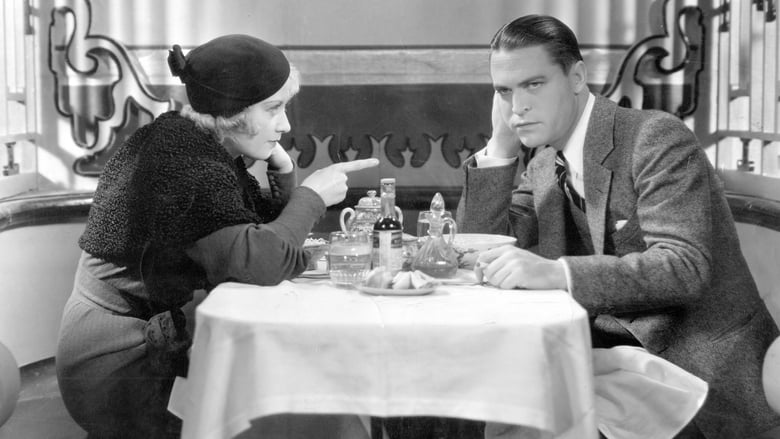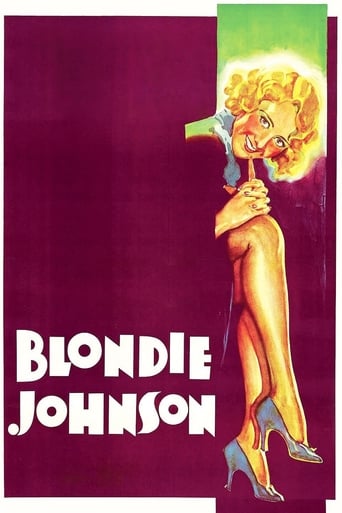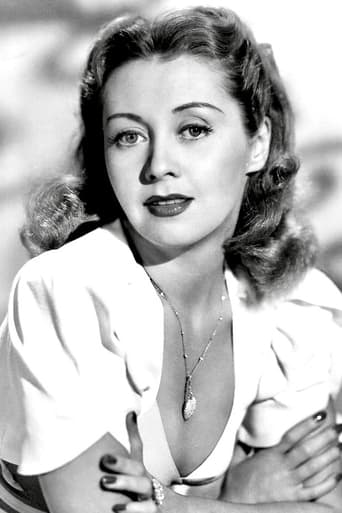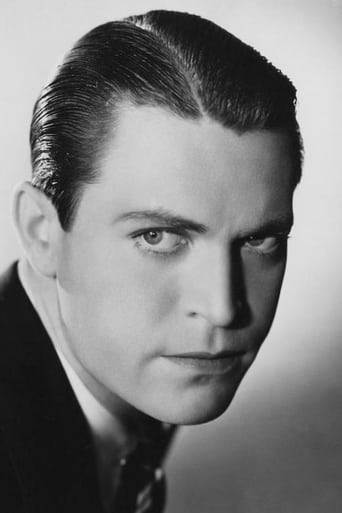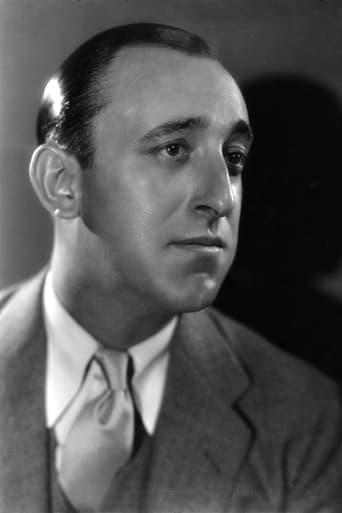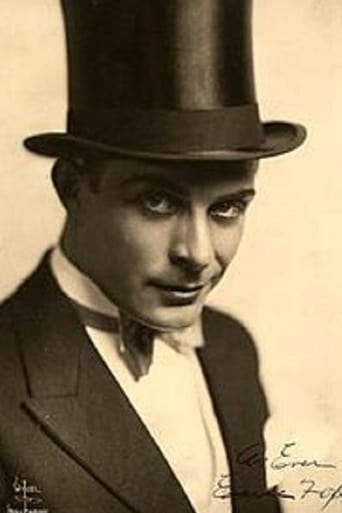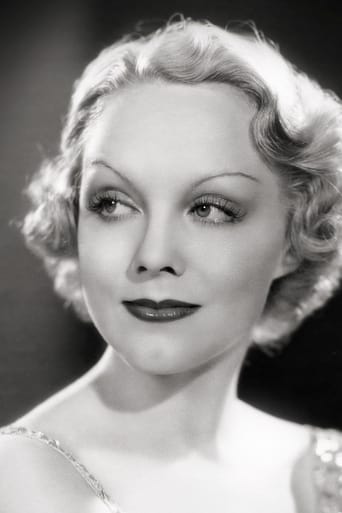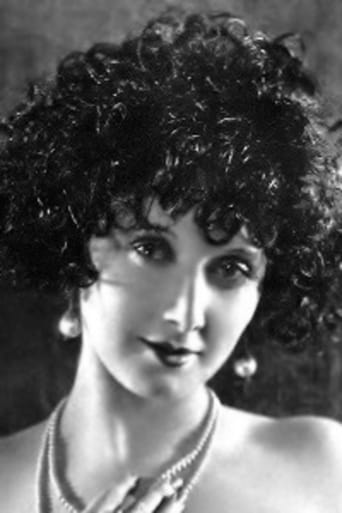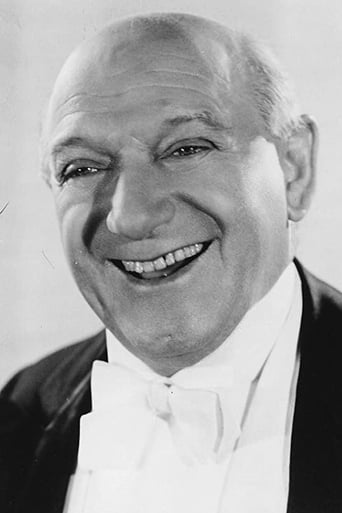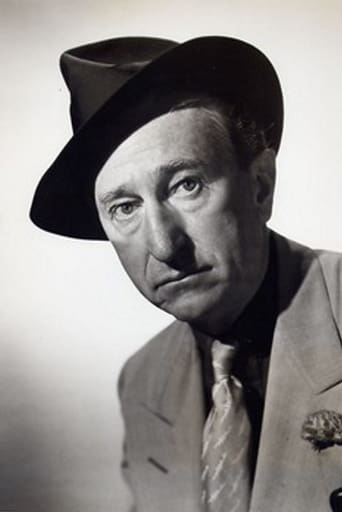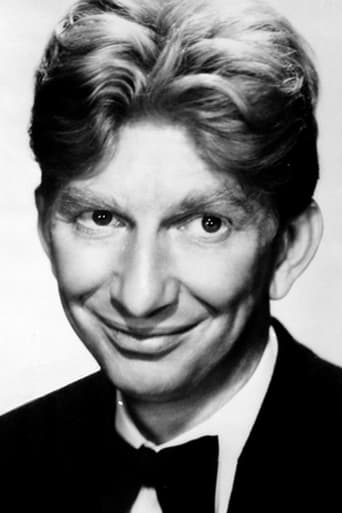A Depression-downtrodden waif uses her brains instead of her body to rise from tyro con artist to crime boss.
Similar titles
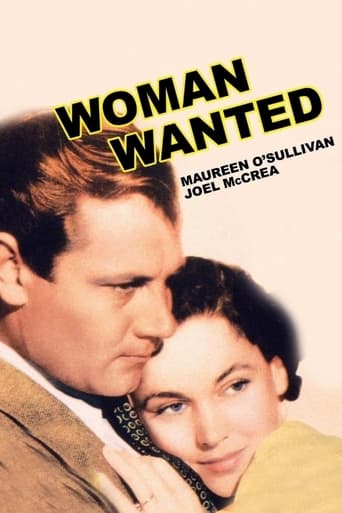
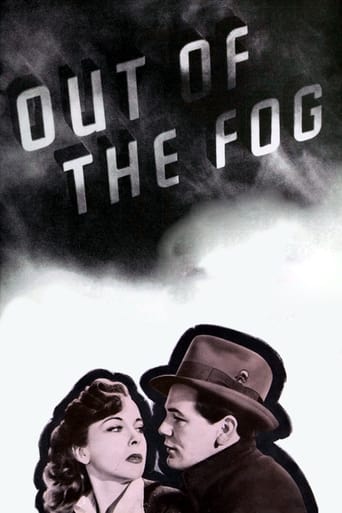
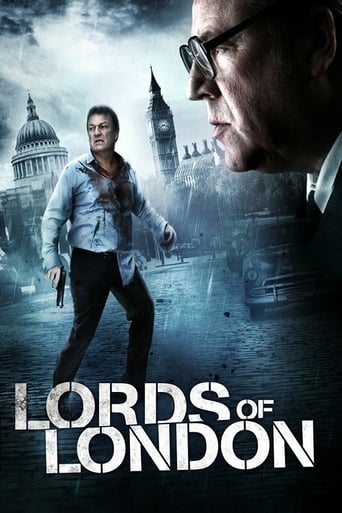
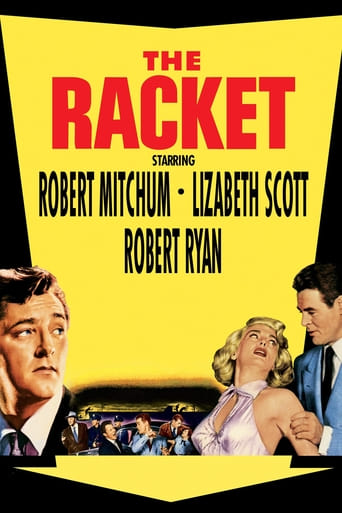
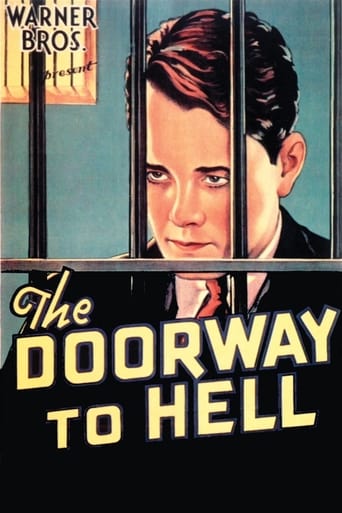
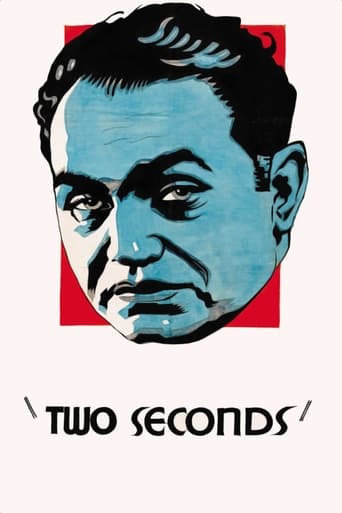
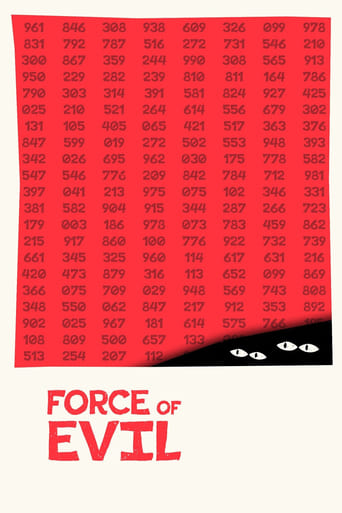
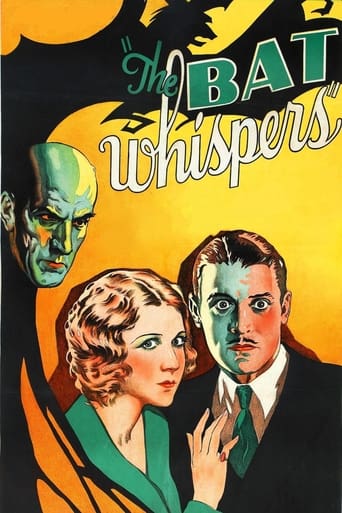
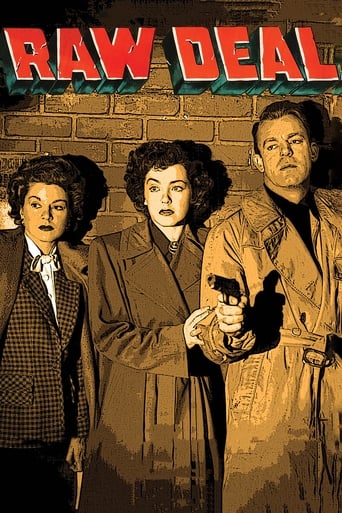
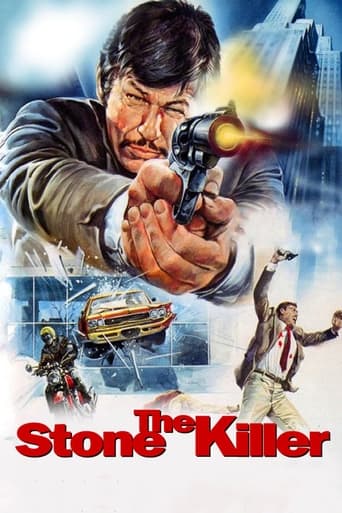
Reviews
There are moments in this movie where the great movie it could've been peek out... They're fleeting, here, but they're worth savoring, and they happen often enough to make it worth your while.
One of the worst ways to make a cult movie is to set out to make a cult movie.
The film's masterful storytelling did its job. The message was clear. No need to overdo.
This is one of the best movies I’ve seen in a very long time. You have to go and see this on the big screen.
Joan Blondell (Blondie Johnson), Chester Morris (Danny), Allen Jenkins (Louis), Earle Foxe (Scannel), Claire Dodd (Gladys), Mae Busch (Mae), Joseph Cawthorn (Lord), Olin Howland (Eddie), Sterling Holloway (Red), Toshia Mori (Lulu), Arthur Vinton (Max Wagner), Donald Kirke (Joe), Tom Kennedy (Hype), Lloyd Ingraham (judge), Maurice Black (Tony), Sam Godfrey (Freddy), Betty Jane Graham (child), Eddie Kane (jewelry assistant), Charles Lane (cashier), Walter Long (Artie), Rolfe Sedan (tailor), Ben Hall (newsboy), Tom Wilson (Swede), Sam McDaniel (porter).Director: RAY ENRIGHT. Uncredited direction: Lucien Hubbard. Original screenplay: Earl Baldwin. Photography: Tony Gaudio. Film editor: George Marks. Art director: Esdras Hartley. Gowns designed by Orry-Kelly. Music director: Leo F. Forbstein. Dialogue director: Stanley Logan. Associate producer: Lucien Hubbard.Copyright 13 February 1933 by First National Pictures, Inc. Released through Warner Brothers Pictures, Inc. New York opening at the Strand: 26 February 1933. 67 minutes. SYNOPSIS: A gangster tries to prevent a female go-getter from muscling in on his rackets.COMMENT: In this typical Warner Brothers exposé of the depression- ridden early 1930s, the script blames the lack of compassion in society at large and the unwillingness of both church and government to do anything about remedying social conditions, for the rise of organized crime. The brief portrait of the mealy-mouthed priest is especially telling. No other Hollywood studio would dare paint a cleric in such an unflattering light. Having set the scene, the rest of the film is fast-paced action, interspersed with a bit of romance, right up to the illogical and somewhat startling cop-out conclusion (which seems to have been added as an afterthought). All the players impress with their realism, but I was particularly struck by Joan Blondell, Allen Jenkins (in a serious role), Joseph Cawthorn (using his real voice and not the "funny" accent), Claire Dodd (gorgeously gowned by Orry-Kelly), Arthur Vinton (the menacing overlord), and Mae Busch. Aside from the unexpectedly light conclusion, director Ray Enright doesn't put a foot wrong. Definitely one of his better films!
In this before the Code drama Joan Blondell steps into Barbara Stanwyck territory playing a woman who we see rise to the top of the rackets and is pretty ruthless about it. As the film shows us Blondell had it pretty rough as a kid and now she's going to acquire the only thing that matters in this life, money.Along the way she teams up with another racketeer played by Chester Morris on loan from MGM who's also not a squeamish guy, but wants to settle down with Blondell as long as he leads when they dance. Blondell is not about to let anyone else lead in her life.I'm surprised this film is not better known if for no other reason than the acclaim that Blondell has received for her performances in those Warner Brothers gangster films. Usually she's just a leading lady for James Cagney etc. but her she's the lead, it's her film and she makes a fine job of it.If TCM ever broadcasts this, don't miss it. A must for Joan Blondell fans.
It has been said that Joan Blondell's career suffered because she never got "Stanwyck parts." With BLONDIE JOHNSON, she got just that, and not even Stanwyck (before whom I bow down) could have done it better. Blondell is her usual wisecracking, tear-jerking, tough, funny, sexy self, but the film gives her more dramatic scope than usual and an edge of bitterness lacking in her wised-up-but-good-hearted sidekick roles. In the halcyon days of pre-Code Hollywood, it was no big deal for a movie heroine to be much, much smarter and more hard-headed than any of the men around her, as it was no big deal for a Japanese-American actress to a play a role in whichwith one humorous exceptionno mention is made of her ethnicity. (As part of a con game, Toshia Mori dresses up in a maid's uniform, but she's really a fur-swathed gangster's moll.) The film opens with a five-minute prologue that sums up the Great Depression with such raw intensity you can practically taste the despair. In a Welfare Office, the bedraggled Blondie Johnson (Blondell, wearing no make-up and a drab suit) pleads for aid. She has been evicted and her mother has pneumonia; she lost her job in a laundry because she resisted her lecherous boss, and her younger sister died after becoming pregnant at fifteen. When her mother dies too, Blondie decides that only one thing matters: "doughand plenty of it." A priest reminds her that there are two ways of making money. "Yeah," she replies, "The hard way and the easy way." The next time we see Blondie, she's wearing a snappy velvet suit and conning suckers out of $10 bills by pretending to be a damsel in distress. She's aided by a friendly cabbie (Sterling Holloway); their friendship is sealed when they realize they have both been trying to chisel each other. Though she's not above batting her eyelashes at the chumps, for Blondie the "easy way" has nothing to do with latching onto a sugar daddy. Fiercely protective of her virtue, Blondie is determined to use her brains to get ahead, and while she teams up with a racketeer named Danny (Chester Morris), she holds him at bay (he tends to "talk with his hands") even though she really likes him. It's just that she has big plans, and "the one thing that doesn't fit into them is pants." Her plans involve deviously plotting against the big boss and working some deliciously clever confidence tricks. Ultimately she rises to be head of the "corporation," all the while denying her true feelings for Danny, even to the point of ordering him rubbed out when she thinks he's squealed. You know where this is going, and it goes there, but despite a limp "we've learned our lesson" ending, it's a great ride.BLONDIE JOHNSON is obviously derivative of the previous year's BLONDE CRAZY, but here is a case where, in the words of Mae West, "too much of a good thing is wonderful." The only flaw is that Chester Morris is no Jimmy Cagney; he is convincing as a rather dim bulb and shares none of the chemistry with Blondell that lit up BLONDE CRAZY. The supporting cast helps fill the breach, with Allen Jenkins earning a laugh at his first appearance just by being Allen Jenkins; Mae Busch as Jenkins's world-weary girlfriend; the lovely and sardonic Toshia Mori; and the inevitable "other woman," Claire Dodd. (Blondell would memorably kick Dodd's buttliterallyin the next year's FOOTLIGHT PARADE.) Blondell effortlessly fills the central role, deepening the mystery of why she didn't get more starring parts. Matthew Kennedy, author of a new biography (I heard him introduce a glistening new print of BLONDIE JOHNSON at the Museum of Modern Art last week) suggests that Blondell was simply too reliable; she was so good at elevating mediocre material that the studio saw no need to give her better scripts.BLONDIE JOHNSON is a typical assembly-line product, predictable in the best possible way. From the art-deco lettering of the opening credits, so familiar from the Busby Berkeley series, to the courtroom finale, everything is just what you expect from Warner Brothers in the early thirties. The wisecracks go off regularly as popcorn popping. The music is dance-band jazz, the decor is pure deco, and Blondell sports some eyebrow-raising, peek-a-boo lounging pajamas. Society is indited for turning the underprivileged into criminals, and we are invited to enjoy their blithe crimes before they are dealt a half-hearted slap on the wrist. Blondell lends the lightweight yarn a core of gravity. Her wariness and cynicism cut through the fluff, even as her delectable looks, warmth and sly humor provide the necessary fizz. As Danny repeatedly tells Blondie, she's "a fresh dame." Seventy-five years later she's just as fresh, and she'll never go stale.
Even though "Crime Does Not Pay" is the message here, Joan Blondell and Chester Morris play the wisecracks with style. Definitely a feminist slant to a story of a woman crime-boss wannabe who refuses to have sex with her co-workers. Entertaining and involving (I joined the heroine in her desire to save her frontman from the hitmen's bullets), although the ending was a little hard to take. Good stuff from Sterling Holloway as a friendly cab-driver.
Top Streaming Movies











